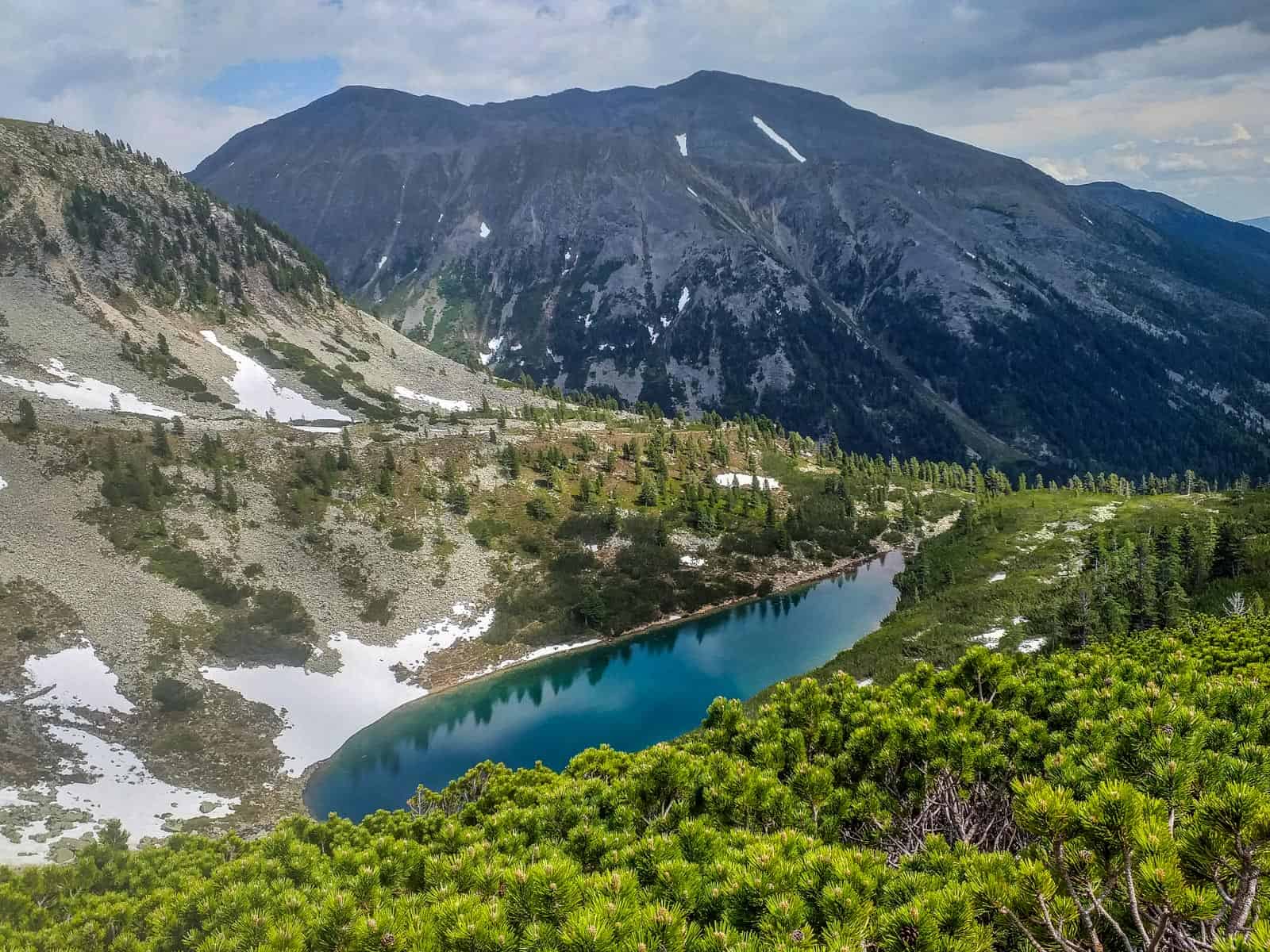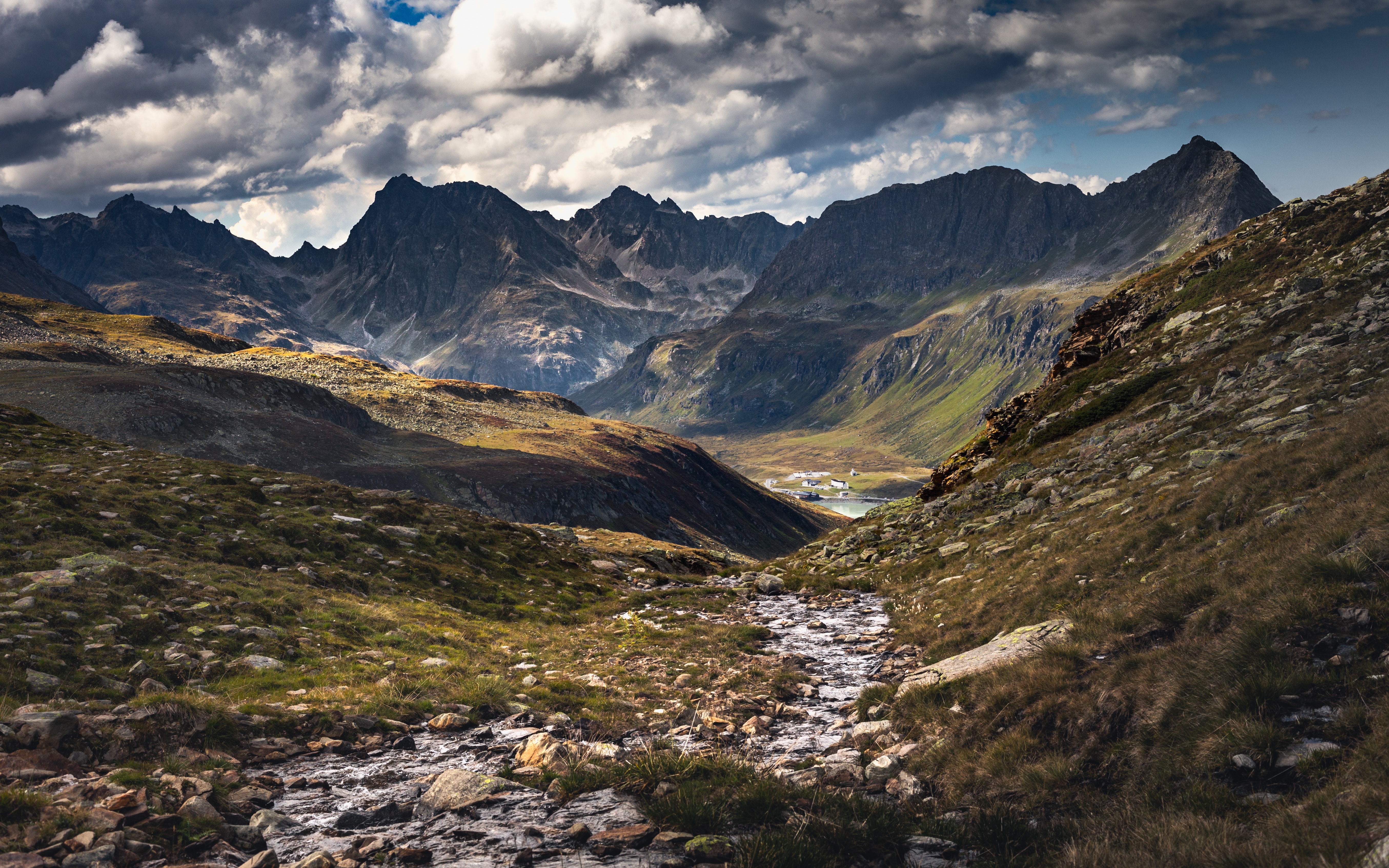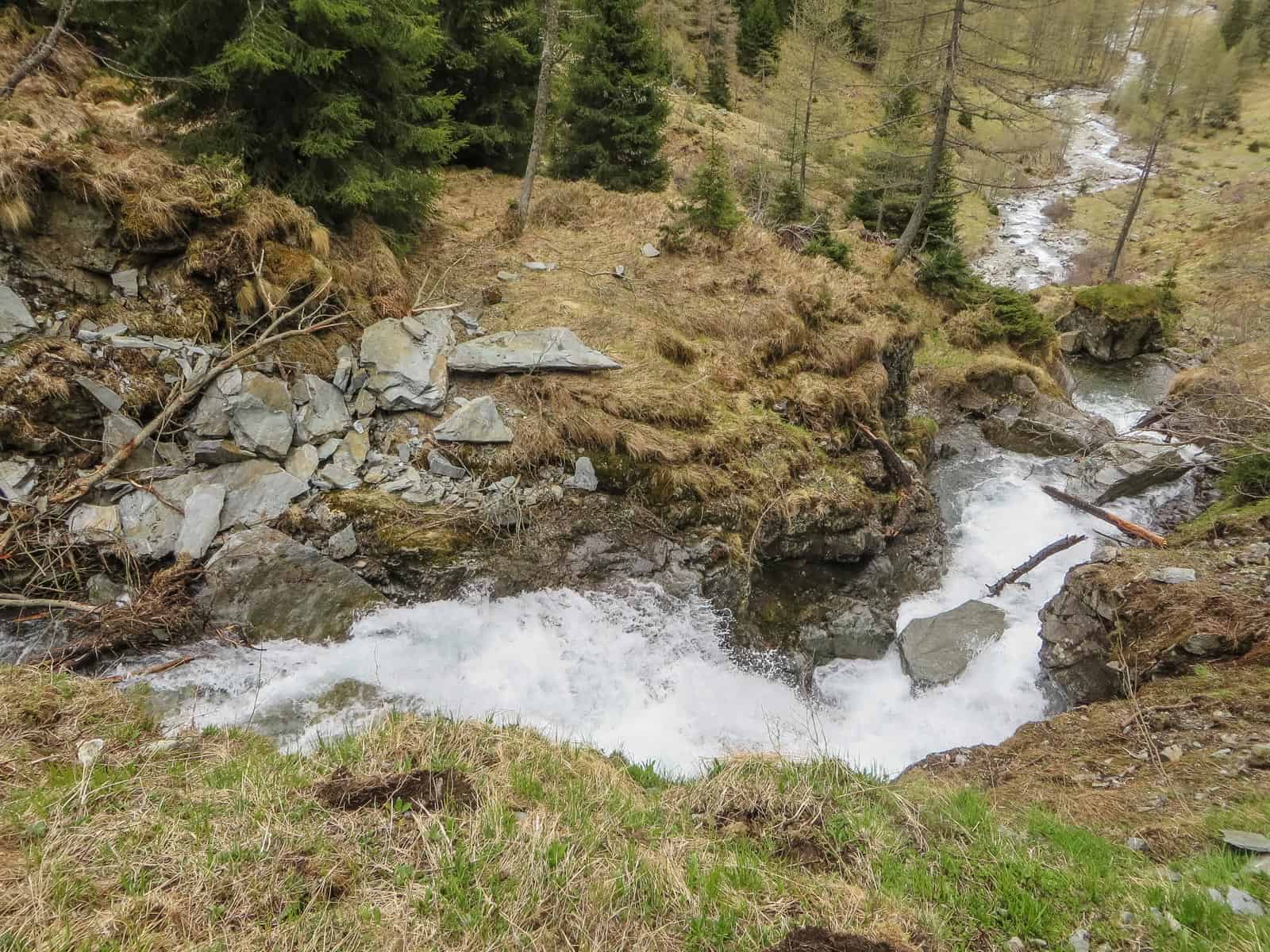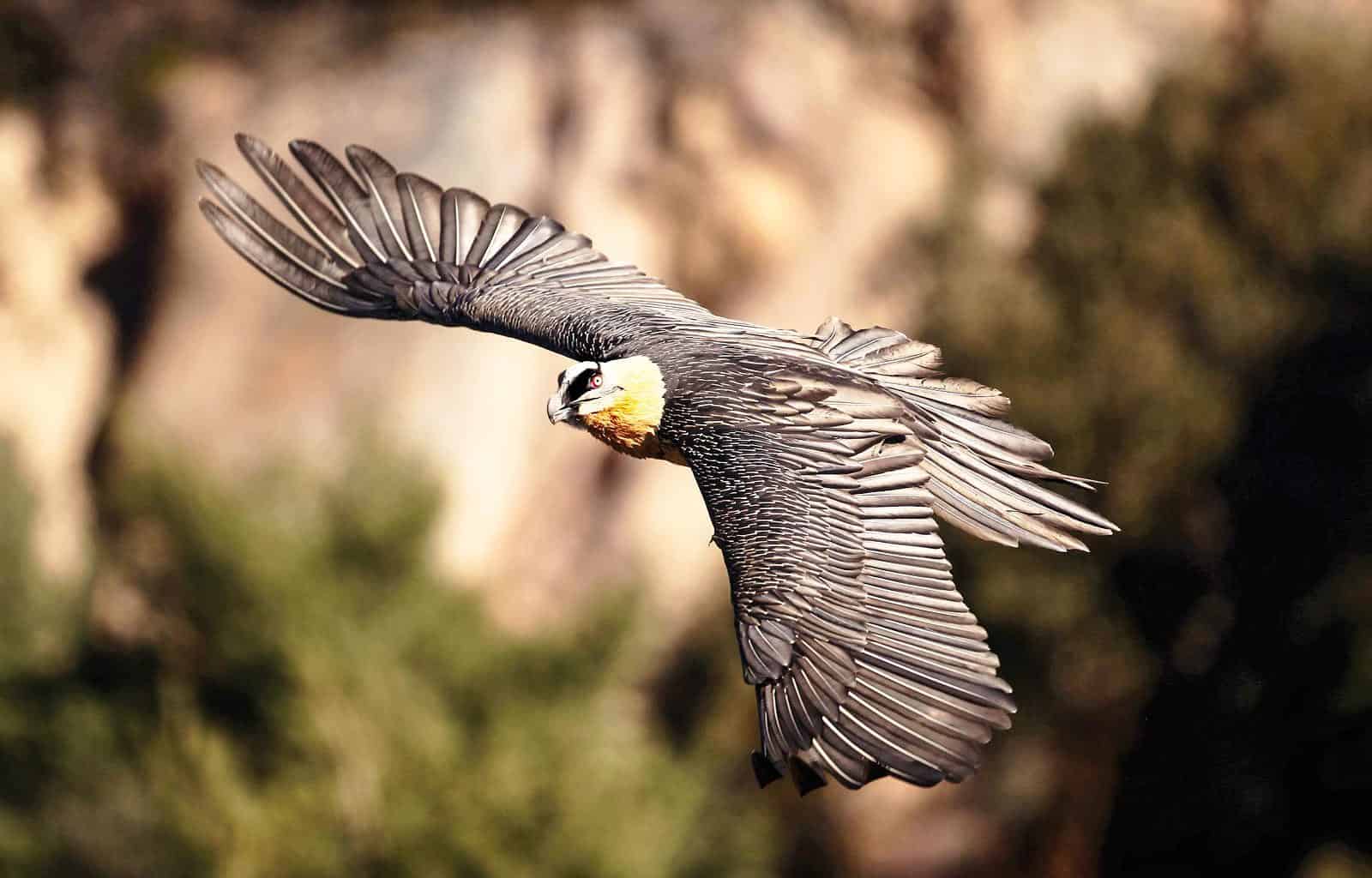Wilderness is buffer
In the last years more and more researchers are focusing on studying Wilderness. Their conclusion is that despite the many challenging issues linked to this subject, Wilderness is enormously important. The new findings that put numbers on the relationship between Wilderness and biodiversity illustrate how important Wilderness is. According to the conclusion of several researchers, preserving Earth’s remaining Wilderness will reduce extinction risks for terrestrial species by more than half.
To flip that around, the continued loss of these wild places could cause rates of biodiversity loss — already far too high — to double. The conclusion of this research is that Wilderness act also as a buffer against species and habitat loss. Retaining and restoring remaining fragments of Wilderness is essential.
Please also read: Wilderness is biodiversity
Wilderness acts as a buffer
Wilderness act as a buffer against species loss. That’s because the extinction risk for species within wilderness communities is, on average, less than half that of species in non-wilderness communities. Although all Wilderness have an intrinsic conservation value, the areas identified on every continent that make the highest relative contribution to the persistence of biodiversity.
Alarmingly, these areas, in which habitat loss would have an even more-marked effect on biodiversity, are poorly protected. Given globally high rates of Wilderness loss, these areas urgently require targeted protection to ensure the long-term persistence of biodiversity, alongside efforts to protect and restore more-degraded environments.
Wilderness as a policy issue
Wilderness was first recognised as a policy issue following the passing of Wilderness resolution by the European Parliament in 2009. This step significantly increased the profile of the Wilderness even far beyond European Union border and simultaneously build up a challenge for policy-makers and practitioners.
Reducing the rate of global biodiversity loss is a major challenge that the humanity is facing. This is happening as a consequences of widespread environmental degradation and the result is irreversible for humankind. The ongoing destruction of ecosystems and the extinction of species that comprise them are now already well-documented. However, little is known about the role that remaining Wilderness have in mitigating the global biodiversity crisis.
Recently published report in Nature Journal contributed to the ongoing discussion between species- and process-oriented biologists. This discussion is a very hot issue already for several decades. Only recently more complex data are providing a better understanding of the complexity of this subject. Nevertheless, this process is still a topic of ongoing discussion and argumentation between groups preferring either active or passive management.
The researchers also warned that Earth’s remaining intact ecosystems have been somewhat neglected by international conservation policy, perhaps because it’s easy to think that, being usually big and wild, they’re comparatively safe.

More information is available here












